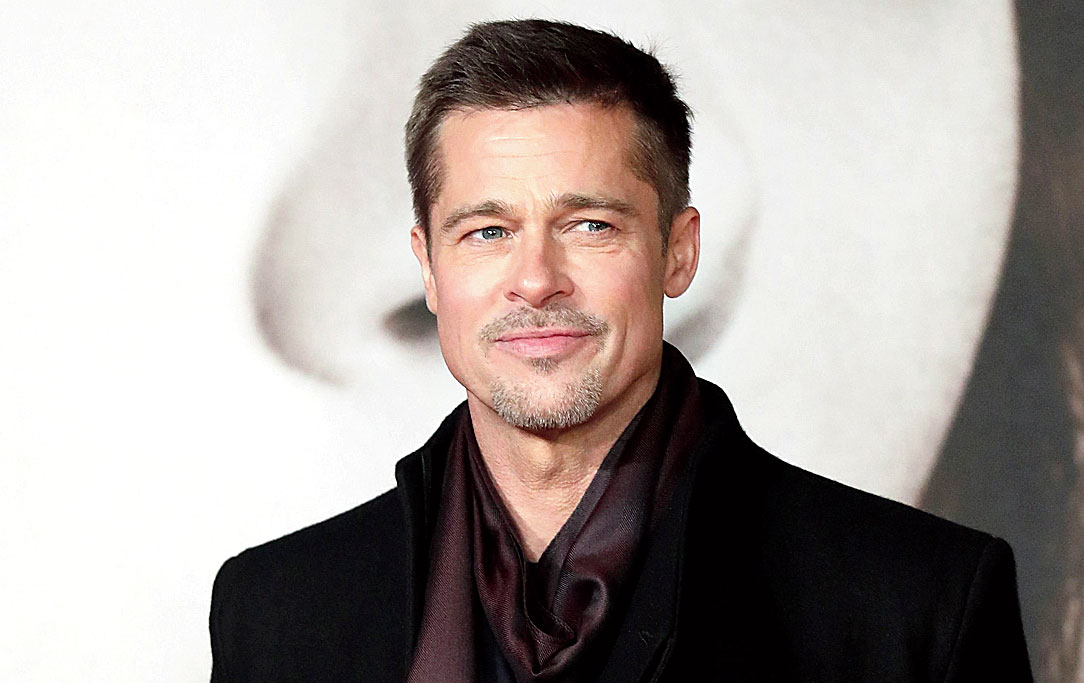I am going to Canada,” was the happy announcement Chitresh made. He said this as soon as he came into my consultation room, without wasting time. I put my hands up in mock exasperation, indicating I was disappointed. There was a background to our conversation.
Chitresh, 18, was recovering from a serious mental illness, which mental health professionals call psychosis. He was using cannabis quite heavily and, in all likelihood, his breakdown was caused by cannabis. He had to be admitted in a nursing home as he had become violent, confused and was unmanageable at home. He recovered quickly with treatment. After his recovery, I had been repeatedly stressing the importance of his staying away from cannabis in the future.
This was the bone of contention between Chitresh and me. He did not want to give up cannabis. He said at best, he will not use it daily but “occasionally”. He argued that my views as a psychiatrist were myopic. He felt I wanted to “control” his mind and put barriers around it. He had a low opinion about mental health professionals as he believed our only job was to “control human behaviour and expression”.
I treaded gently with Chitresh. I knew cannabis was dangerous for him and it could risk his sanity. He did not consider my concerns to be of any value and felt his episode of mental illness was more due to stress of academic pressures and his relationship breakdown. He was not prepared to listen to my “mind control theories”. He came well prepared with arguments. He was a bright young person and had read about legalisation and decriminalisation of cannabis in many US states, Canada and in some other countries.
It was in this context that Chitresh announced that he had admission at a prestigious university in Canada, a country where recreational cannabis use was recently legalised.
He asked me: “So you think your knowledge is more than everyone in those countries put together?”
He gave me examples of many people he knew who smoked cannabis and were well. He said a majority of university students in Calcutta smoke it, lot of his friends smoke it, so why not him?
For a psychiatrist seeing young people, this scenario is despairingly common. Young people are increasingly assuming cannabis is completely harmless as it has been legalised/ decriminalised in some countries. It is very commonly used in India too, sanctioned culturally and the sheer number of people using it makes it difficult to convince young people to stop using it.
Cannabis is a plant that has been used as a recreational drug for many centuries in many cultures. It is usually referred to as marijuana but it also goes by various nicknames, like pot or weed. In India, ganja, charas and bhang are the common forms in which cannabis is taken. Cannabis has many chemical compounds but it is the psychoactive compound delta-9-tetrahydrocannabinol (THC), which causes dependence.
Mental health professionals have not been able to accept the news about legalising cannabis without scepticism. There is a marked difference between decriminalising cannabis and legalising it. The former is welcome but the latter has huge implications for all of us as a society. Legalising a drug gives the message that it is okay to take it or the benefits of taking the drug is more than the potential harm caused by it. It sends a wrong message to young people.

I got really sick of myself at the end of the 1990s: I was hiding out from the celebrity thing; I was smoking way too much dope...I got to: ‘What’s the point? I know better than this.’ — Brad Pitt to The Hollywood Reporter Agencies
Cannabis dependence is more likely to occur if the use starts in adolescence. Additionally, the likelihood of using alcohol, nicotine and illicit drugs is significantly higher for continuous cannabis users as well as ex-users of cannabis as compared to those who have never used cannabis. These factors and the fact that Chitresh had developed a serious mental illness, most likely due to cannabis, made me unhesitatingly challenge his views about cannabis.
I spoke about long-term effects of cannabis use, which includes altered brain development and cognitive impairment. There is enough evidence that cannabis damages the brain, especially in young people. Studies have found a correlation between the use of cannabis and the appearance of serious mental illness. There is also proof of a correlation between cannabis use and decreased academic performance, in addition to an increased likelihood of dropping out of school.
There is a confusing array of scientific findings on the effects of cannabis on the brain. However, collectively, these data are sufficient to suggest that children, pregnant women, and youth with still developing brains should not use cannabis.
Unfortunately, the message from scientific findings has got drowned in the hype about cannabis legalisation/ decriminalisation in the West. The news about use of medical cannabis in some very specific conditions (cancer, HIV infection, spasticity and so on) has also confused young people.
Chitresh gave me examples of how cannabis is used medically in prestigious hospitals across the world. I told him that medical cannabis, produced under strict laboratory conditions, is completely different from botanical cannabis which is sold by drug peddlers.
Chitresh, like many other young people, is not ready to accept that cannabis can be harmful. The fact that many people take it or that it has been legalised in some places does not mean that it is safe to take it. We need to have a lot more measured and thoughtful approach towards cannabis, as it is known that it can wreck lives.
Dr Jai Ranjan Ram is a senior consultant psychiatrist and co-founder of Mental Health Foundation (www.mhfkolkata.com). Find him on Facebook @Jai R Ram

![I just decided not to [smoke] anymore and now it’s easy for me — Miley Cyrus told SiriusXM after giving up weed](https://assets.telegraphindia.com/telegraph/bcaa0919-472d-4274-8206-582d09acea67.jpg)









